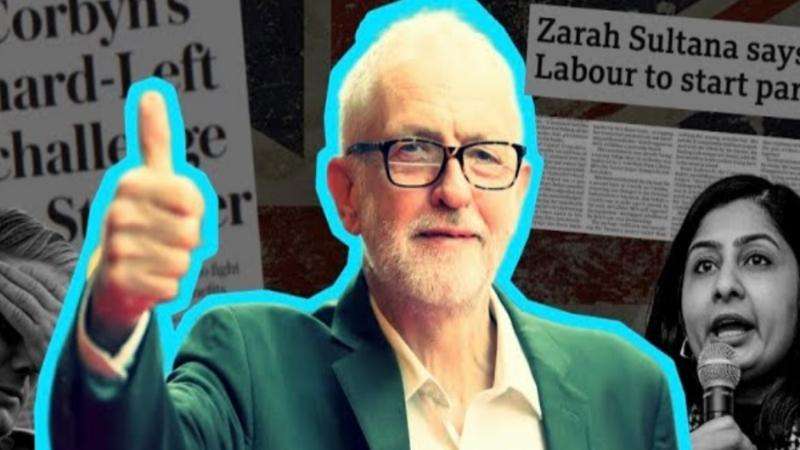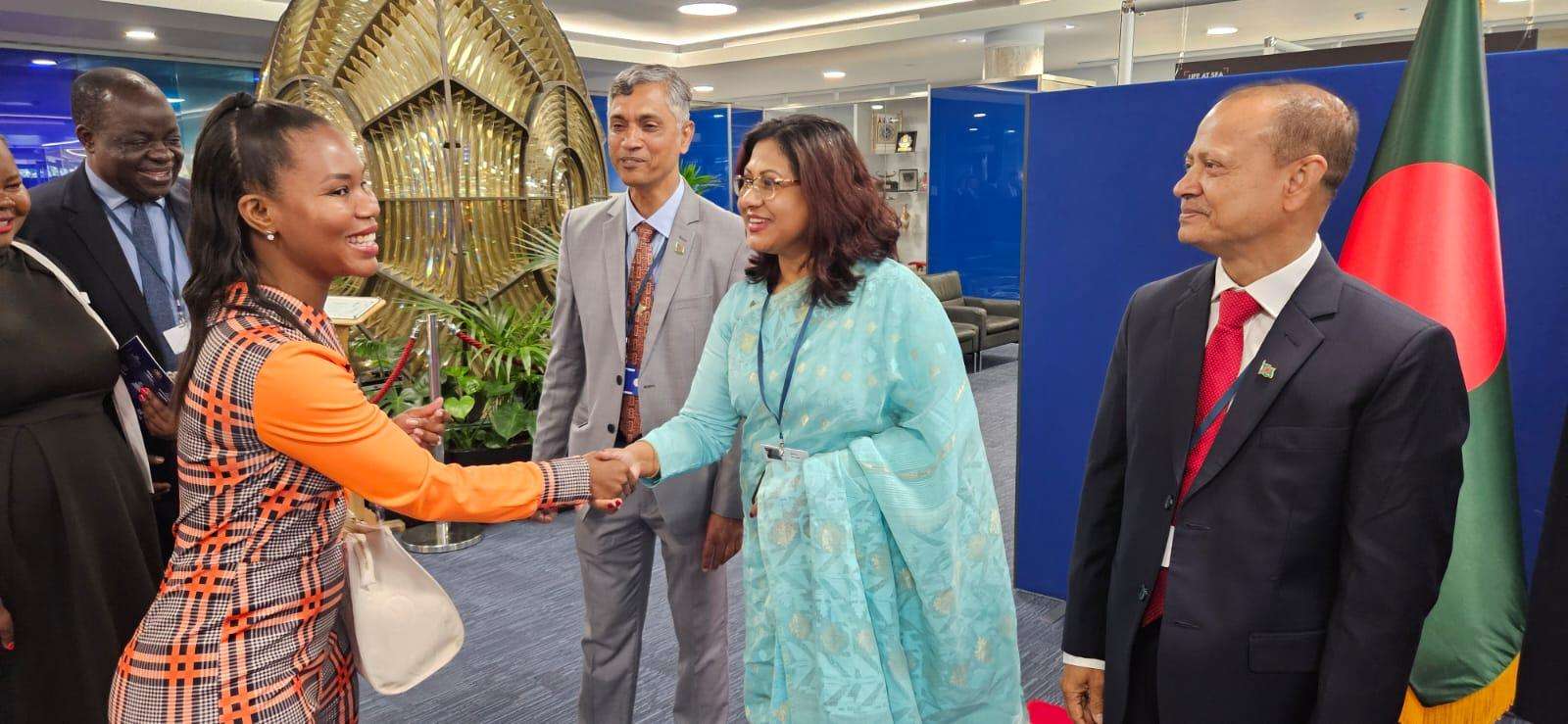Corbyn-Sultana Party: Birth of a New Left Amidst Early Tensions-Zarah Sultana, the MP for Coventry South, has made her break from the Labour Party official, announcing she is co-founding a new left-wing political party alongside former leader Jeremy Corbyn. Sultana, first elected in December 2019, lost the Labour whip last July after defiantly opposing the two-child benefit cap, a decision she remains steadfast about, declaring she would "do it again."
While Sultana's departure and the concept of a new left-wing party have been subjects of intense speculation in Westminster for months – with Corbyn hinting at such a move since last September and a recent appearance on Peston on Sunday widely seen as a soft launch – Sultana's direct announcement appears to have surprised some within the burgeoning alliance. Reports suggest her declaration may have caught parts of the emerging alliance off guard, exposing nascent divisions over strategy and leadership, and hinting at a struggle for power at the outset. The name of this new political entity remains unconfirmed, with further key details expected to follow as "discussions are ongoing."
The Vision for a New Left and Early Mobilisation
In a powerful statement published on Thursday, Sultana launched a scathing critique of both Labour and the Conservatives, accusing them of offering "nothing but managed decline and broken promises." She pointed to the ascendance of Reform UK, led by Nigel Farage, whom she branded a "billionaire-backed grifter," as clear evidence of the political system's profound failure. Framing the next general election as a battle between "socialism or barbarism," a slogan famously invoked by Marxist thinker Rosa Luxemburg, Sultana passionately called for urgent and fundamental political change.
Her statement did not shy away from strongly condemning some of Labour's most contentious policies, including the two-child benefit cap, cuts to winter fuel payments, and welfare reform proposals which, even by the government's own impact assessment, risk pushing many disabled people into poverty. Sultana also voiced sharp disapproval of politicians across the political spectrum for "smearing people of conscience trying to stop a genocide in Gaza as terrorists."
Sultana concluded her impassioned statement by urging supporters to "join us" in constructing what she presented as a vital new political alternative. As of Monday morning, the call has resonated, with over 45,000 people signing up as "actioners." This rapid initial uptake underscores significant interest. The party aims to actively mobilise and represent communities deeply concerned by pervasive inequality and poverty, as well as widespread anger over the ongoing conflict in Gaza.
Public Appetite and Polling Insights
The critical question, as always, is whether there exists a genuine public appetite for a new left-wing party in the British political landscape. Veteran pollster Joe Twyman, co-founder of Deltapoll, acknowledges the inherent difficulty in measuring hypotheticals but issues a strong caution: "The last 10 to 15 years of British politics have taught us that you cannot rule anything out, and that nothing can be guaranteed."
Twyman suggests there is a "constant desire for a new party," noting that hypothetical new parties frequently poll in the range of 10-15% when presented to voters. This is corroborated by a recent More in Common poll, shared with the New Statesman, which indicated a Corbyn-led party could indeed secure 10% of the vote in an election. However, Twyman is keen to temper these expectations. He explains that such abstract polling often serves as a proxy for voter dissatisfaction with established parties, rather than a deep-seated affinity for the hypothetical new one. He draws on his own experience as the official pollster for the ill-fated Change UK party in 2019, a group of centrist defectors from Labour and the Conservatives that ultimately failed to win a single seat.
Internal Tensions and WhatsApp Rumours
Despite Sultana's bold announcement, sources close to Jeremy Corbyn suggest a degree of disquiet within his camp. WhatsApp rumours circulating among Westminster insiders indicate that Sultana's announcement may have "jumped the gun" and even caught Corbyn "furious and bewildered." While Corbyn has since issued a statement confirming "discussions are ongoing" and expressing delight at Sultana's involvement in building a "real alternative," the initial absence of his immediate public endorsement fuelled speculation that he had not entirely signed off on the timing or specific nature of her announcement. Some reports even suggest Corbyn's team urged Sultana to retract or delete her initial statement once he became aware of it. This early miscommunication highlights divisions over strategy and direction, and hints at an ongoing struggle for clear leadership and power within the nascent movement.
Implications for the Green Party and Labour
The emergence of this new party has garnered notable responses from prominent figures within the Green Party. Zack Polanski, a London Assembly member vying for Green leadership on a radical, mass-membership "eco-populism" platform, has swiftly expressed his willingness to collaborate with any party committed to opposing Reform UK and challenging Labour. Mothin Ali, a high-profile candidate for the Green Party's deputy leadership, has echoed this sentiment.
This has ignited discussions about a potential political pact between the Green Party and Sultana's new organisation. Economist James Meadway, a former adviser to John McDonnell and now a Green Party member, has actively called for such an alliance, suggesting it could realistically contest up to 60 seats for a combined socialist-environmentalist front. However, Twyman cautions that gauging public appetite for formal alliances is complex. "The average person in the street has not thought about this at all," he noted, adding that simply aggregating the vote shares of individual parties often proves to be an unreliable predictor of joint electoral performance.
As for Labour leadership, their initial reaction has largely been dismissive of the new party's formation, with some Labour backbenchers openly welcoming Sultana's resignation. Yet, Twyman suggests that while it may not pose an immediate existential threat, it will undoubtedly add to Labour's challenges. "Everything's a headache for Labour," Twyman asserted, drawing a stark contrast between Keir Starmer's current position and Tony Blair's substantial poll leads. While Downing Street may not be gravely concerned at this very moment, Twyman advises against dismissing the new party entirely, particularly if it manages to secure significant financial backing, build momentum, or attract further defections from established parties.
The formation of this new party, alongside the continued rise of Reform UK, contributes to what Joe Twyman identifies as growing evidence of fragmentation within British politics. These new entities, he argues, are not the originators of public dissatisfaction, but rather they are "being very effective at riding it on to the beach."








.svg)


_5.jpg)
